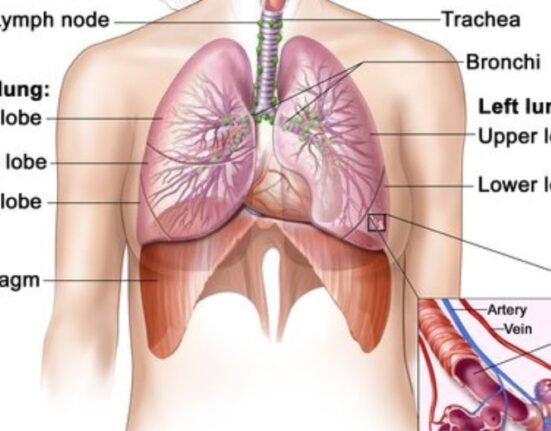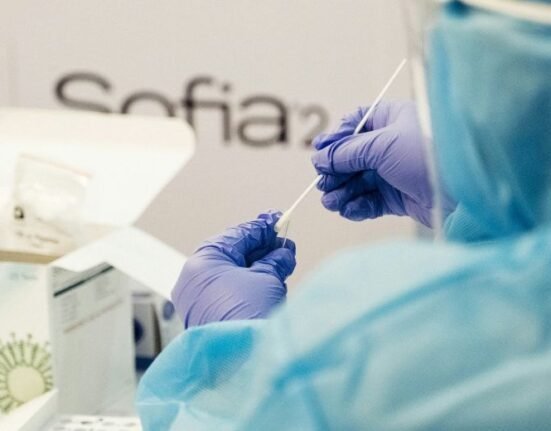HQ Team
June 15, 2023: A new magnetic resonance imaging (MRI) technique has revealed that the Covid-19 virus alters white matter in the brain.
“Some may think COVID-19 affects just the lungs,” said Alexander Wong, a Canada Research Chair in Artificial Intelligence and Medical Imaging,
“What was found is that this new MRI technique that we created is very good at identifying changes to the brain due to COVID-19. COVID-19 changes the white matter in the brain.”
Alexander Wong developed a new imaging technique, known as correlated diffusion imaging, and it was recently used in a study by scientists at Baycrest’s Rotman Research Institute and Sunnybrook Hospital in Toronto.
Wong, a systems design engineering professor at the University of Waterloo, had previously developed the technique for a better imaging measure for detecting cancer.
Different gradient
The correlated diffusion imaging is a new form of MRI that better highlights the differences in the way water molecules move in tissue by capturing and mixing MRI signals at different gradient pulse strengths and timings.
Researchers at Rotman, a centre for the study of brain function, saw Wong’s imaging discovery and thought it could likely also be used to identify changes to the brain due to COVID-19.
Subsequent tests proved that theory right. The CDI imaging of frontal-lobe white matter revealed a less restricted diffusion of water molecules in Covid-19 patients.
At the same time, it showed a more restricted diffusion of water molecules in the cerebellum of patients with Covid-19.
The cerebellum is a part of the brain located at the back of one’s head, just above and behind where the spinal cord connects to the brain itself.
React differently
Prof Wong said that the two regions of the brain reacted differently to the Covid-19 virus.
“First, the human cerebellum might be more vulnerable to Covid-19 infections. Second, the study reinforces the idea that Covid-19 infections can lead to changes in the brain.”
The Rotman study is one of the few to have shown Covid-19’s effects on the brain, and the first to report diffusion abnormalities in the white matter of the cerebellum.
Although the study was designed to show changes, rather than specific damage, to the brain from Covid-19, its final report does discuss potential sources of such changes and links to disease and damage.
Prof Wong suggested future tests could focus on whether COVID-19 actually damages brain tissue. Additional studies could also determine if Covid-19 can change the brain’s grey matter.
“Hopefully, this research can lead to better diagnoses and treatments for Covid-19 patients,” Prof Wong said. “And that could just be the beginning for CDI as it might be used to understand degenerative processes in other diseases such as Alzheimer’s or to detect breast or prostate cancers.”








